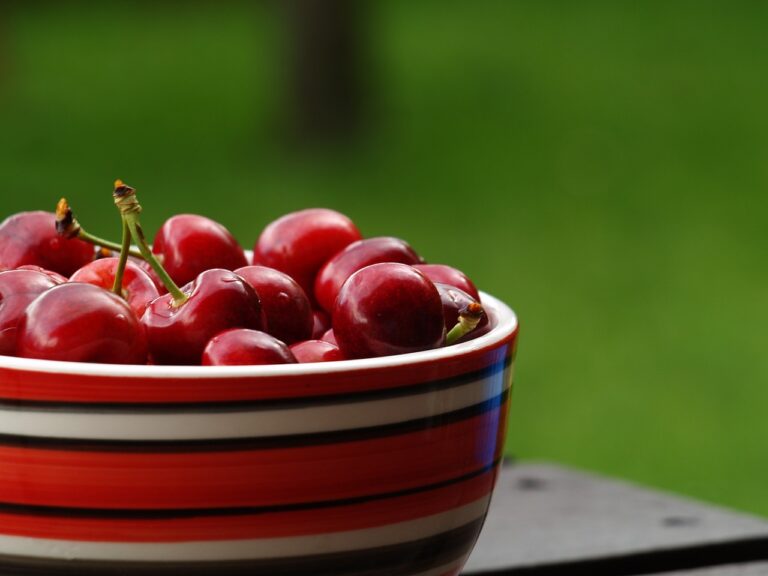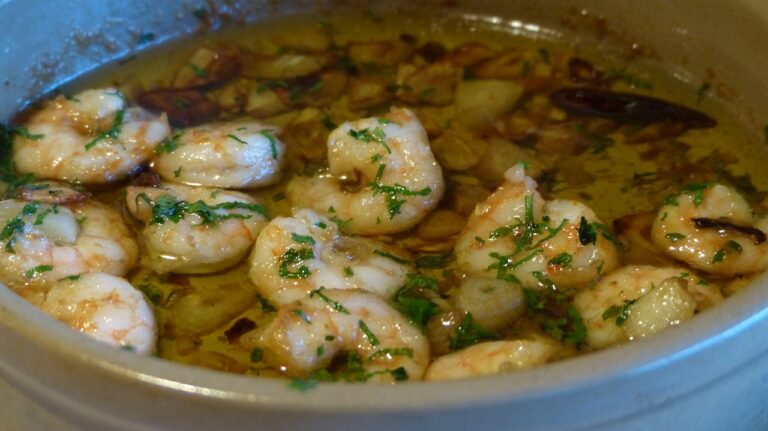Understanding the Link Between Diet and Gut Dysbiosis: 11xplay sign up, Laser247 com, World777 register
11xplay sign up, laser247 com, world777 register: Understanding the Link Between Diet and Gut Dysbiosis
You may have heard the phrase “you are what you eat,” but have you ever considered how your diet can impact the health of your gut microbiome? Gut dysbiosis refers to an imbalance in the bacteria in your gut, which can lead to various health issues. In this article, we will explore the link between diet and gut dysbiosis, and how you can make dietary changes to support a healthy gut microbiome.
What is Gut Dysbiosis?
Before we dive into the connection between diet and gut dysbiosis, let’s first understand what gut dysbiosis is. The human gut is home to trillions of bacteria, both beneficial and harmful. When there is an imbalance in these bacteria, it can lead to gut dysbiosis. This imbalance can be caused by various factors, such as antibiotic use, stress, and, you guessed it, diet.
The Link Between Diet and Gut Dysbiosis
Your diet plays a significant role in shaping the composition of your gut microbiome. A diet high in processed foods, sugar, and unhealthy fats can promote the growth of harmful bacteria in the gut, leading to gut dysbiosis. On the other hand, a diet rich in fiber, fruits, vegetables, and fermented foods can promote the growth of beneficial bacteria and support a healthy gut microbiome.
Certain dietary components have been shown to have a direct impact on gut health. For example, sugar and artificial sweeteners can disrupt the balance of bacteria in the gut, leading to an overgrowth of harmful species. On the other hand, fiber-rich foods provide the necessary nutrients for beneficial bacteria to thrive and help maintain a healthy gut microbiome.
How to Support a Healthy Gut Microbiome Through Diet
Now that we understand the link between diet and gut dysbiosis, let’s discuss some dietary changes you can make to support a healthy gut microbiome:
1. Eat a diverse range of plant-based foods: Fruits, vegetables, whole grains, legumes, and nuts are all rich in fiber and provide essential nutrients for beneficial bacteria in the gut.
2. Include fermented foods in your diet: Foods like yogurt, kefir, sauerkraut, and kimchi contain beneficial probiotic bacteria that can help maintain a healthy gut microbiome.
3. Limit processed foods and sugar: Try to reduce your intake of processed foods, sugary snacks, and drinks, as these can promote the growth of harmful bacteria in the gut.
4. Stay hydrated: Drinking plenty of water is essential for maintaining a healthy gut microbiome and supporting digestion.
5. Listen to your body: Pay attention to how different foods make you feel and adjust your diet accordingly. If certain foods cause digestive issues or discomfort, consider eliminating them from your diet.
6. Consider taking a probiotic supplement: If you are not getting enough probiotic-rich foods in your diet, you may benefit from taking a probiotic supplement to support a healthy gut microbiome.
Frequently Asked Questions
1. Can gut dysbiosis be reversed through diet alone?
While diet plays a significant role in shaping the composition of the gut microbiome, other factors such as stress, medication use, and genetics can also influence gut health. Making dietary changes is a crucial step in supporting a healthy gut microbiome, but it may not be sufficient to reverse gut dysbiosis on its own.
2. How long does it take to see improvements in gut health through diet changes?
The timeline for seeing improvements in gut health through diet changes can vary from person to person. Some individuals may notice improvements in their digestion and overall well-being within a few weeks of making dietary changes, while others may take longer to see significant changes. Consistency is key when it comes to supporting a healthy gut microbiome through diet.
3. Are there specific foods that are known to cause gut dysbiosis?
Certain foods, such as processed foods, sugar, artificial sweeteners, and unhealthy fats, have been linked to gut dysbiosis. These foods can promote the growth of harmful bacteria in the gut and disrupt the balance of the gut microbiome. It is important to limit your intake of these foods and focus on a diet rich in fiber, fruits, vegetables, and fermented foods to support a healthy gut microbiome.
In conclusion, the link between diet and gut dysbiosis is clear. By making dietary changes that support a healthy gut microbiome, you can improve your overall health and well-being. Remember to eat a diverse range of plant-based foods, include fermented foods in your diet, limit processed foods and sugar, stay hydrated, listen to your body, and consider taking a probiotic supplement if needed. Your gut will thank you for it!







